Now Viewing:
Glastonbury
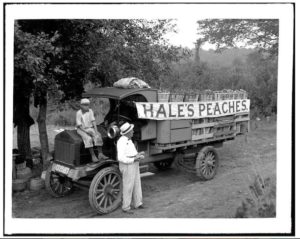
John Howard Hale: Glastonbury’s Peach King
John Howard Hale came from a family of fruit growers in Glastonbury and developed a new type of peach that flourished in the harsh New England climate.
Read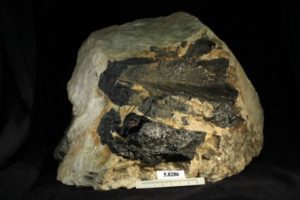
The Industrial Might of Connecticut Pegmatite
Connecticut has a complex and compelling geologic legacy with substantial mineral riches, including pegmatite that has historically been a boon to industry.
Read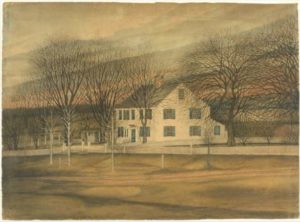
The Smith Sisters and Their Cows Strike a Blow for Equal Rights – Today in History: January 8
Abigail and Julia Smith of Glastonbury (along with Isabella Beecher Hooker) fought for a woman’s right to speak at town meetings and have a say in government.
Read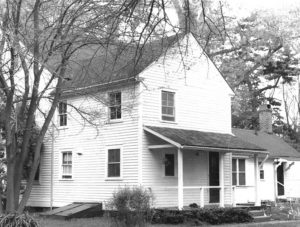
The Smith Sisters, Their Cows, and Women’s Rights in Glastonbury
By refusing to pay unfair taxes, these siblings became national symbols of discrimination suffered by women and of the struggle of the individual against government.
Read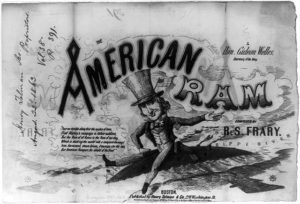
Gideon Welles, US Secretary of the Navy and Lincoln’s “Neptune”
Gideon Welles was the Secretary of the United States Navy from 1861 to 1869 and a cabinet member during the presidencies of Abraham Lincoln and Andrew Johnson.
Read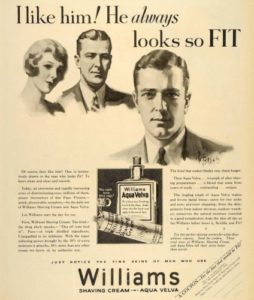
The Aqua Velva State – Today in History: November 17
On November 17, 1917, the J.B. Williams Company of Glastonbury filed a trademark with the US Patent and Trademark Office for the Word Mark “Aqua Velva.”
Read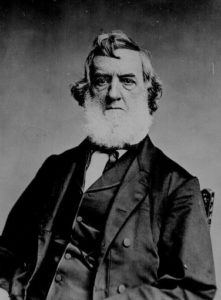
Gideon Welles Appointed Lincoln’s Secretary of the Navy – Today in History: March 7
On March 7, 1861 Gideon Welles was officially appointed into Abraham Lincoln’s cabinet as Secretary of the Navy.
Read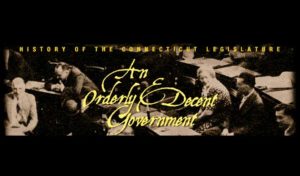
An Orderly & Decent Government: Making Self-Government Work, 1866-1887
The late 1800s witnessed significant challenges to Connecticut’s voting and taxation laws.
Read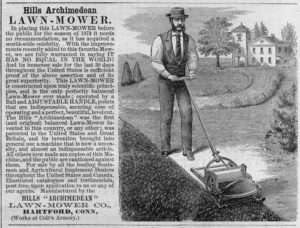
Reel Lawn Mower Patent – Today in History: January 28
On January 28, 1868, Amariah Hills of Hockanum, Connecticut, received the first US patent for a reel-type lawn mower and sold the patent in the 1870s.
ReadMore Articles




